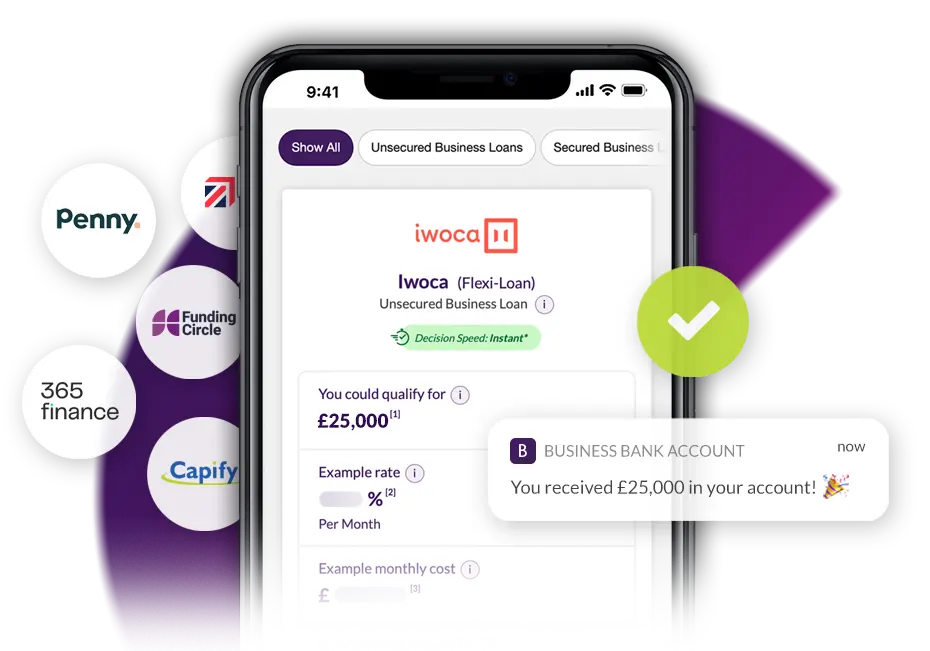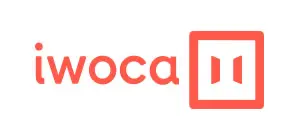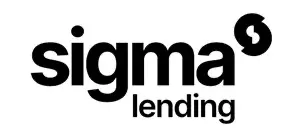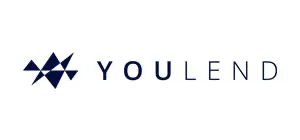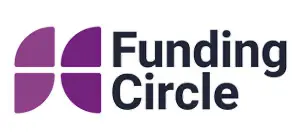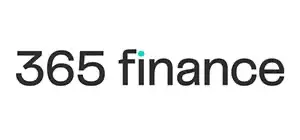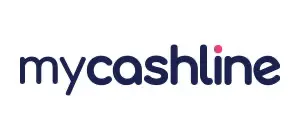Commercial Mortgages
If you’re considering investing in property for business reasons, whether to grow your existing business or rent it to other companies, you may need a commercial mortgage.
- Compare a wide range of lenders and rates
- Check your eligibility in minutes
- Find out how much you could borrow
It's fast, free and won't affect your credit score
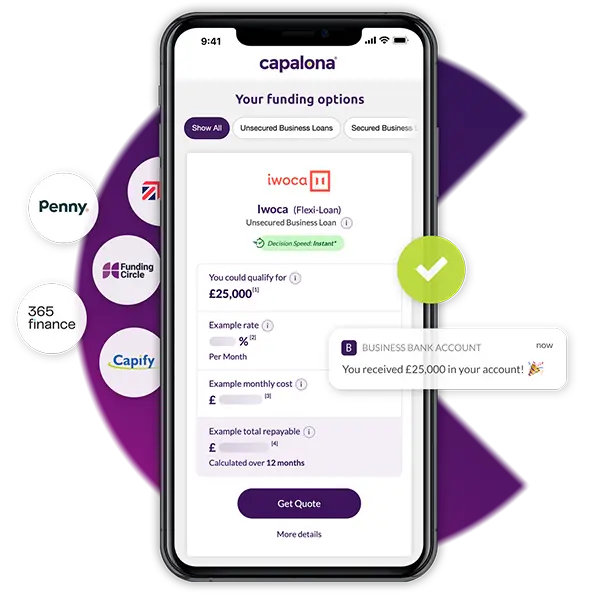

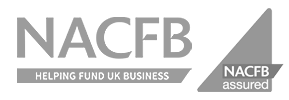


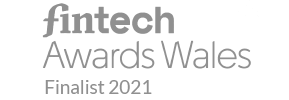
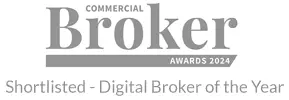
- What is a commercial mortgage?
- How do commercial mortgages work?
- What are the different types of commercial mortgages available in the UK?
- What are the different types of commercial mortgage lenders?
- Can I get a mortgage for a Commercial Property?
- What are the associated fees for a commercial mortgage?
- Commercial mortgages calculator UK
- Key features and benefits of commercial mortgages
- How to apply for a commercial mortgage
For many growing companies, investing in new premises is critical, and to invest, you’ll likely need financing support in the form of a commercial property loan. So whether you want greater security that comes with buying your own premises or looking for a larger base to support your company’s expansion — you’ll need a business mortgage.
To choose the best mortgage for your business property, you need to understand what's available and how they work. Read on to learn more about commercial mortgages.
What is a commercial mortgage?
A commercial mortgage is a loan secured against premises that are not residential. You can use this mortgage to purchase buildings for your own company or to rent out to others. You can also use your commercial mortgage for property development or buying vehicles and other equipment.
Unlike residential mortgages, commercial mortgages are not regulated by the Financial Conduct Authority (FCA) and usually come with higher interest rates.
How do commercial mortgages work?
Like residential mortgages, commercial mortgages operate by securing a loan against the value of your premises – with a loan-to-value (LTV) ratio of up to 75%.
This means that they often require a deposit of at least 25%. However, some lenders will accept this security in the form of equity from another property or a charge over other assets, such as insurance or shares.
They can often be taken out for a term of up to 30 years and used on freehold and leasehold properties. However, in the latter case, this is generally arranged only if the lease is more than 70 years long, and may require additional security.
What are the different types of commercial mortgages available in the UK?
Like when buying your home, you can take out commercial mortgages for different business purposes. The type of business mortgage available to you will depend on the reason you need it:
Owner-occupied Mortgages
Ideal when you want to purchase or refinance the property you’re using as premises. You can make the application as a business or as a business owner. If, for example, you're a small eBay business ready to take the next step, an owner occupied mortgage could allow you to set up a physical store front.
Commercial Buy To Let Mortgages
If you’re a limited company, you can secure a buy-to-let mortgage to let out the premises to other businesses, including offices, healthcare or retail businesses. However, as it can be difficult to let commercial properties, lenders may require you to meet higher criteria for you to qualify.
Residential Buy To Let Mortgages
This mortgage is for those who want to buy a building to rent it out for people to live in. Professional landlords or buy-to-let companies can use a residential buy-to-let mortgage.

What are the different types of commercial mortgage lenders?
Just as there are different types of business property loans, there are also different types of lenders to choose from when deciding which commercial mortgage is best for your business. Therefore, it’s important to understand each and their advantages and disadvantages before applying for a commercial mortgage.
High Street Banks
As they’re long-standing and well-known, many borrowers look to their high street bank for a commercial mortgage. This is because bank loans can offer lower interest rates, larger loan amounts and shorter repayment terms.
But, it’s worth noting that if you have poor credit, you may struggle to get loan approval due to their laborious and stringent application process. And some high street banks might require a higher income level for the same loan other lenders can provide. It could also take several months to find out if you’ve been successful in your loan application.
Challenger Banks
If you have bad credit, challenger banks can be a good option as they’re competitive and keen to win new business. They usually require a lower level of income and are more willing to approve businesses that their more established counterparts may not.
Challenger banks can also offer a more efficient and user-friendly service, as technology is at the forefront of their service offering, unlike traditional banks.
Alternative Financing Providers
Alternative finance providers are flexible when it comes to lending to newer companies. Their less stringent criteria make them more accessible and a popular choice for UK SMEs.
For example, they may be more willing to approve mortgages for a property regardless of its location (including offshore). However, although these providers are more flexible, you might not be able to lend as much as you could from a bank, and they could come with higher costs and longer terms.
Comparing rates for commercial mortgages across different mortgage lenders ensures you’re getting the best deal possible. We can help you compare commercial property loans quickly and easily with our free comparison tool.
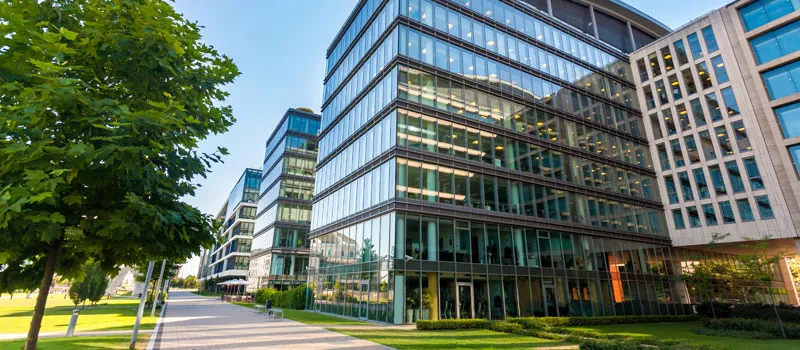
Can I get a mortgage for a Commercial Property?
Certain types of businesses can obtain a commercial mortgage, including limited companies, limited liability partnerships, trusts and offshore companies.
Whether you are a big company, a startup, SME, B2B, or B2C — you will be eligible for a commercial mortgage. But, of course, the terms will vary depending on your circumstances and the lender you choose.
Individual lenders will have their own specific criteria, and terms can depend on the reason you need the mortgage. Commercial mortgages can be high risk, so lenders will typically want to know about your trading history and ensure you can make repayments.
You may be asked to supply evidence of your business’s:
- income
- assets
- profit
- credit record
If you’re a limited company already trading, you’ll need to supply at least two years of accounts. A business that owns many properties may also be subject to more stringent criteria, as lenders can view them as higher risk due to their increased vulnerability should the property market crash.
If you’re a new business without any trading history and looking to acquire a building to start your company, you can still get a mortgage, but many lenders may ask for up to half of the property price as the LTV ratio.
Lenders may well want evidence of at least one year’s experience in a similar area if the mortgage is to be used for residential rental properties.
What are the associated fees for a commercial mortgage?
As well as the interest on your mortgage loan, the below fees may be added to your mortgage application.
Valuation Fees
A commercial property valuation will be required, which is often more complex and detailed than a residential property valuation. As a result, the price can vary depending on the complexity of the property, and like the final mortgage rate, valuation fees are based on a bespoke quotation.
Legal Fees
As with a residential mortgage, you will need a solicitor to complete the legal process. But, again, the project's complexity determines this service's price.
Arrangement Fees
These fees are typically 1-2% of the loan amount. Smaller loans may be higher, with the arrangement/admin fees added to the loan upon completion.
Commitment Fees
As well as the arrangement fees, some lenders may charge a fee to cover their work if you do not accept the loan offer. This fee is non-refundable and requires payment upfront.
Broker Fees
Using a commercial mortgage broker can be a great way to access the best deal, but you'll need to pay for the privilege. You can expect fees of up to 1% of the loan value, arranged when they've found you a loan offer based on your pre-agreed terms.
Commercial Mortgage Rates UK
Commercial mortgage interest rates in the UK can range from 1.5% upwards. Most come with variable interest rates, although some offer a fixed rate, which can be particularly beneficial if the loan amount is £500,000 or less.
The rates offered will often depend on your company’s finances, performance, and how much you are asking to borrow.
Use our commercial mortgage calculator below to get an understanding of total repayment costs.
Your mortgage details
Your results
Monthly Repayment
£0
Monthly Interest Only Repayment
£0
Arrangement Fee
£0
Total Mortgage Amount
£0
Total Repayable (full term)
£0
Total Interest (full term)
£0
This calculator is intended for illustration purposes only and exact payment terms should be agreed with a lender before taking out a loan.
Key features and benefits of commercial mortgages
You can borrow over a long time
By borrowing money over a longer period (up to 25 years), you reduce your monthly loan payments, which ultimately means you have more money in your business.
Lower interest rates
As a commercial mortgage is a secured loan, you can enjoy lower interest rates and larger loan amounts than unsecured loans because there is less risk for the lender. Remember also that your interest payments are tax-deductible.
Potential to rent out your property
You can generate more income by renting out your property, or part of your property, to other businesses.
Owning commercial property gives you stability
When renting property for your business, there’s always the chance the landlord increases the rent or decides to sell the property, meaning you could lose your business premises almost overnight. By owning your commercial property, this won’t happen — you’re in the driving seat.
How to apply for a commercial mortgage
Working alongside a financial broker (like us) can help you compare the best commercial mortgage providers to ensure you get the best deal. Then, after you’ve found the best provider, you can make an application for a commercial mortgage.
First, you’ll want to collect all the relevant information the provider will require throughout the application process. This includes:
- Two or three months of bank statements
- Three years of trading figures
- Proof of identity and address
- Business plan (this helps the lender understand whether you can pay back the loan)
5 steps to apply for a commercial mortgage:
- Complete the asset and Liability form online
- Complete and return the commercial mortgage application and provide business details (above)
- They will then value the property
- The lender’s solicitor will carry out legal due diligence
- If you’re approved, you’ll receive a mortgage offer
Interested in finding out more about your eligibility for a commercial mortgage? Apply now to find out your funding options for free.
THINK CAREFULLY BEFORE SECURING DEBTS AGAINST YOUR COMMERCIAL PROPERTY OR HOME. YOUR COMMERCIAL PROPERTY OR HOME MAY BE REPOSSESSED IF YOU DO NOT KEEP UP REPAYMENTS ON A MORTGAGE OR ANY OTHER DEBT SECURED ON IT.
Adrian T
5/5
Amazingly fast, efficient service, minimal paperwork. So much faster than my business bank of twelve years.


